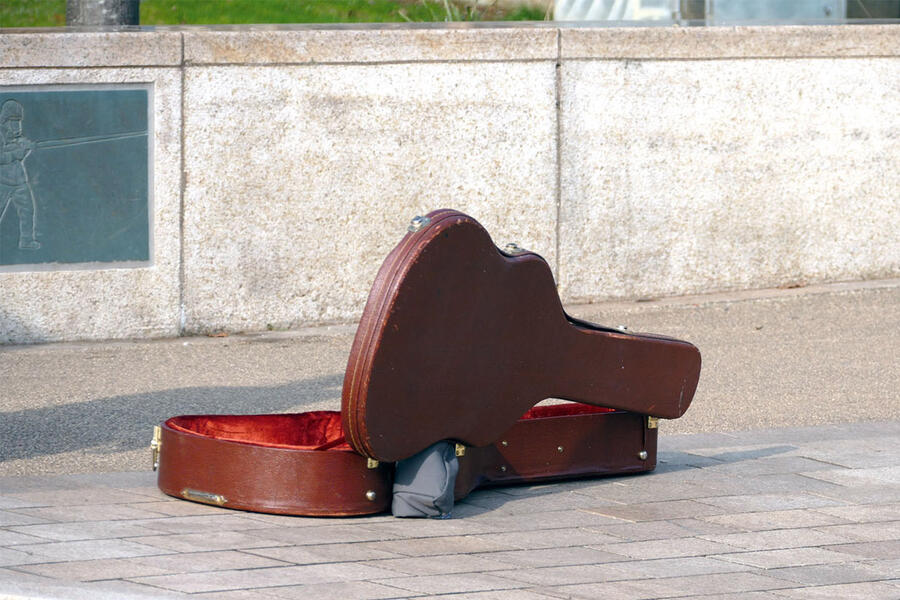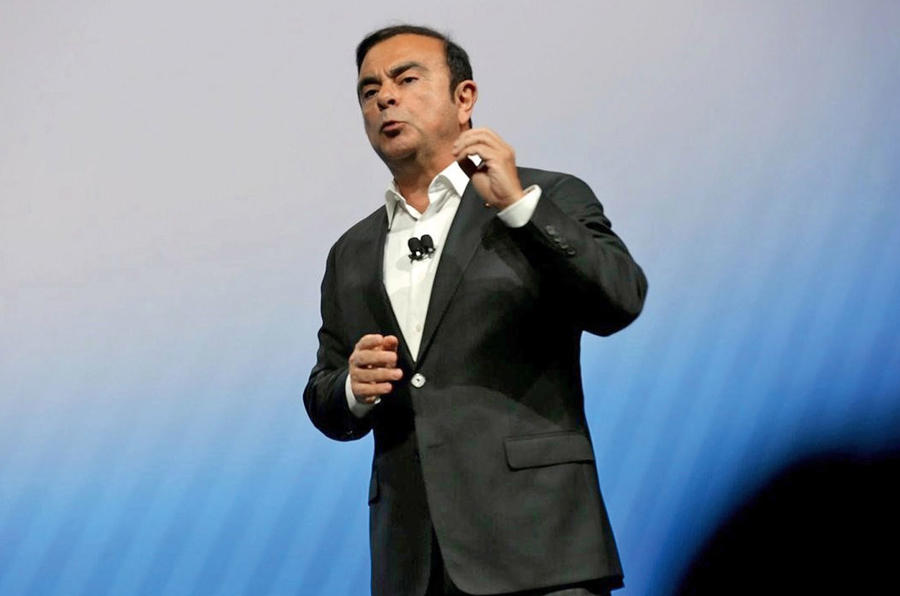Back in the news this week: former Renault, Mitsubishi and, most significantly, Nissan chief Carlos Ghosn, who has made himself heard with an extraordinary press conference in Lebanon. His arrival in Beirut in the new year was as much of a surprise to Japanese authorities as the rest of us, because they thought he was still under house arrest in Tokyo.
To recap: Ghosn was the chairman of the Renault-Nissan-Mitsubishi Alliance, a set of companies that had enjoyed unprecedented success, before his arrest in November 2018; the Japanese authorities say for financial misconduct, Ghosn says because of collusion between Nissan executives and prosecutors opposed to his plans for the companies.
His incarceration, he claims, began with imprisonment and solitary confinement, limited to a cell with no windows for 23 and a half hours a day and to two showers a week – normal for a student but not for Ghosn – and culminated under strict bail conditions with no trial date set. He said his options were escape or “die in Japan” and opted for the former.
Having ‘done an Assange’, only with the good sense to present himself to a country largely pleased to see him, rather than an initially tolerant embassy where his skateboarding in the corridors and the smell of his cat’s litter tray would soon annoy his hosts, tales of the escapade started to become clearer.












Join the debate
Add your comment
The more I read...
He may or may not be guilty, and I hope it's investigated properly and the truth comes out. But the Japanese legal system is not at "civilised" standards. Withholding him from his family, the prospect of three years between arrest and trial? No lawyer present during questioning at times. That's not justice. Yes, his alleged crimes are serious, but in perspective they are financial, and he posed no physical risk to anyone.
Different cultures of course have different values. But I can accept why he fled - unlike the cowardly act of the American woman who killed the biker and claimed diplomatic immunity.
The more I read...
He may or may not be guilty, and I hope it's investigated properly and the truth comes out. But the Japanese legal system is not at "civilised" standards. Withholding him from his family, the prospect of three years between arrest and trial? No lawyer present during questioning at times. That's not justice. Yes, his alleged crimes are serious, but in perspective they are financial, and he posed no physical risk to anyone.
Different cultures of course have different values. But I can accept why he fled - unlike the cowardly act of the American woman who killed the biker and claimed diplomatic immunity.
Rita Haworth
*Rita Hayworth*